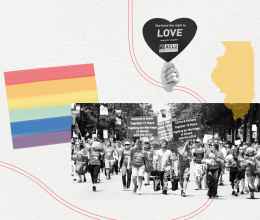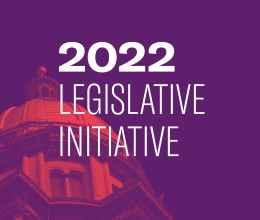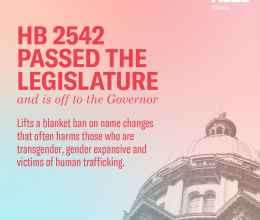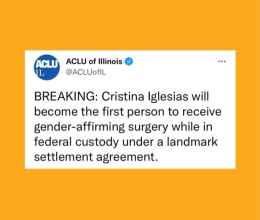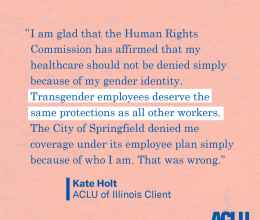A range of experts from Illinois and beyond – with expertise in civil rights, medical care, and the struggles for acceptance as a transgender student – are asking the state appellate court to reverse a decision to single out and limit a female student’s use of the girls’ locker room because she is transgender. This support for Nova Maday, a senior in District 211 based in Palatine, comes in three “friend of the court” briefs filed Friday. A circuit court judge previously denied Ms. Maday a preliminary injunction to use the locker room because he incorrectly concluded that the Illinois Human Rights Act does not require schools in the state to allow all students equal use of school facilities, including locker rooms. Ms. Maday has appealed the decision to the Illinois Appellate Court and also filed her own brief on Friday.
Call 1-855-435-7693
ICIRR hotline to report ICE activity in your community
